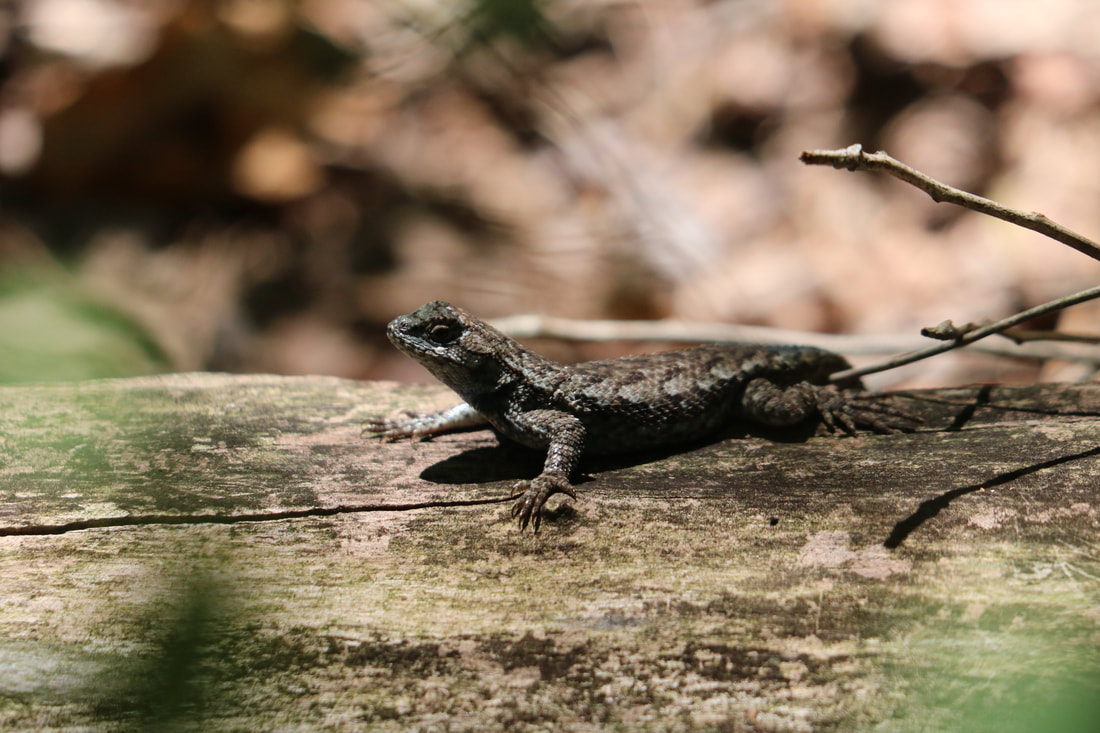Unknown Territory
This piece is a response to "The Greatest Nature Essay Ever" by Brian Doyle at:
https://orionmagazine.org/article/the-greatest-nature-essay-ever.
The word "greatest" leads into the treacherous ground of superlatives. With overuse, superlatives have a numbing effect, a tendency to produce a "so what?' response. They also have the overtones of arrogance, advertising, and P.T. Barnum coming to town with his circus, "The Greatest Show on Earth.".
I had never heard of Brian Doyle before, which may have led me to the first impression of arrogance. Greatest nature essay ever? From an author of whom I have never heard? Having read the piece, I have changed my mind. I like his work and now want to read more of it.
That said, Brian Doyle has given us a fine essay on the art of essay writing. After my initial response to the word "greatest," I calmed down and found five paragraphs of genuine, perhaps gently humorous views on what should happen in such an essay.
First, the piece must get the reader's attention, not in the sensationalist terms of the news headline, but in a way that takes the readers out of themselves and into the healing arms of nature.
In her poem, "The Speed of Darkness," Muriel Rukeyser said, "The world is made of stories, not atoms." She then spins the reader into her world of pain. This is what Doyle proposes the following few paragraphs should do but in the realm of nature.
The beauty unfolds, but a threat to the natural world is unveiled. He then states that the writer should "tiptoe" back to the gently unfolding story without sermonizing or grandiose conclusions. The essay should end with the reader aware of a tapestry of beauty with dark threads of threat interwoven into a cloth of hope.
Some reviewers have said that his essay meets its criteria and is, in fact, "The Greatest Nature Essay Ever." This makes the piece a "meta-essay," a work written in the form it describes, much like the "Ars Poetica" of Horace. The work founded a school of poetics. It is usually translated into prose, and the full text appears on the website of the American Poetry Foundation. Here is a brief sample:
"Ye who write, make choice of a subject suitable to your abilities; and revolve in your thoughts a considerable time what your strength declines, and what it is able to support. Neither elegance of style, nor a perspicuous disposition, shall desert the man, by whom the subject matter is chosen judiciously."
Doyle's essay might have led me to the conclusion that I have read very few nature essays. Please make no mistake; I have read extensively from the works of naturalists. I have read Thoreau's Waldon and Cape Cod, Annie Dillard's Pulitzer Prize-winning Pilgrim at Tinker Creek, and Peter Matthiessen's National Book Award-winning book, The Snow Leopard.
This reasoning led me to reconsider "The Cowboy and his Cow" by Edward Abbey. The piece is self-aware in that Abbey recorded the audience's reactions to a reading of the essay. His parenthetical records include the concluding words, "gunshots in parking lot." His physical location at the reading, in Wyoming cattle country, as he criticizes government subsidized grazing land, guaranteed a hostile response. Abbey's piece is not an essay, however. It is a polemic, best described as contentious rhetoric intended to support a position and undermine the opposing position. Much of what is broadcast on "talk radio" is polemical.
Abbey's devotion to the land left no room for middle ground. As such, it violates Doyle's dictum of "no sermonizing." "The Dead Man at Grandview Point," a chapter in his book Desert Solitaire, achieves a lyric quality and meets some criteria of essays, though not all of Doyle's, indeed not the short length. I once prepared a profile of Abbey for the environmentalist tabloid Hellbender Press, named for a large species of Salamander. I quoted some material from the Grandview Point portion of his book.
So, I find Doyle's comments helpful but not an exclusive set of criteria for writing nature essays. The self-aware aspect of the work is interesting. I suppose the phrase "in the flow" might describe its opposite. It matches the ancient Greek term of Kairos as opposed to Chronos. Chronos is the ordinary time kept by a clock or chronometer. Kairos is sometimes described as "the opportune moment" but can also mean sacred time. It is the time in which hours pass unnoticed. It is the intersection of the divine with the ordinary.
I find my nature observation and journaling to be more Kairos than Chronos. I fish in a river, observe the wildlife in a marsh, or investigate the wildflowers in a wood lot with no awareness of time. When I have reached some sense of completion, I realize that the morning is gone. This also happens when I am writing.
The alarms on my cell phone help me with keeping appointments. In her book of essays, Upstream, Mary Oliver says that writing will make you late for meetings and wake you up in the middle of the night. This is another way of seeing my intent here.
I am unable to separate the comments from personal experience. For me, the concept of self-aware observation or journaling contradicts the sense of wonder. For others, that sense of wonder might be retained even as they notice their reactions to their observations and writings. I might hope to reach that state, but it does not seem possible now.

 RSS Feed
RSS Feed